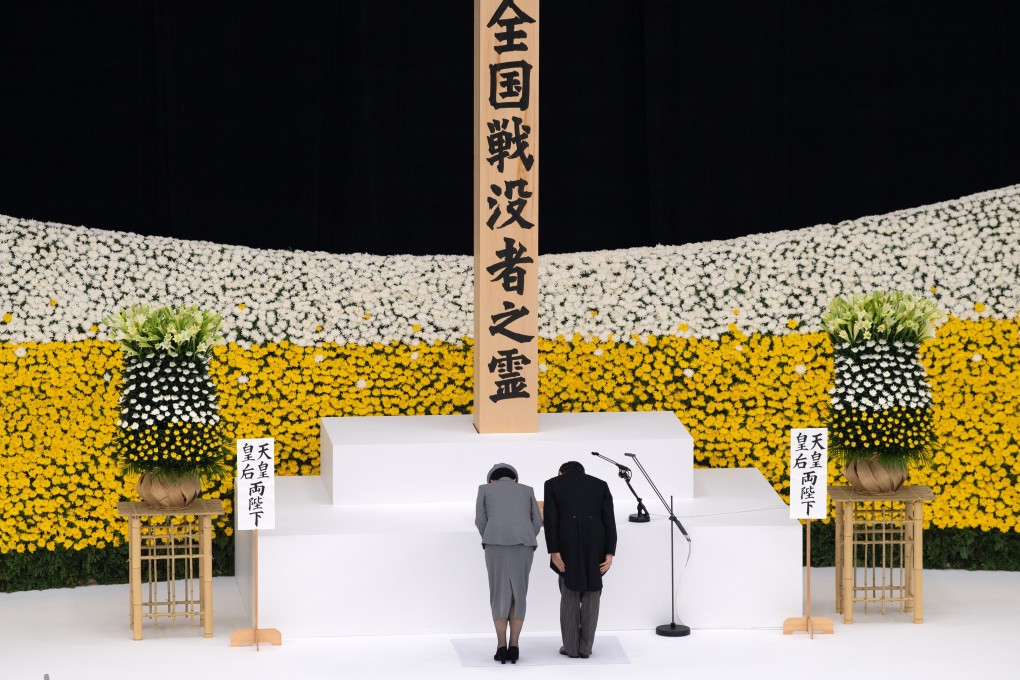Advertisement
Opinion | The pandemic will end, just as World War II did. (Trust a 90-year-old on this)
- As the Covid-19 pandemic ravages the world and the US-China relationship deteriorates, we should take heart from the fact that the Sino-Japanese War eventually ended and, at one time, the US and China were fierce allies
Reading Time:4 minutes
Why you can trust SCMP
10

We are now living a monumental moment in history, one we know will have a lasting effect not only on our own lives but on the entire world. At a time of such historic uncertainty, it is difficult to see a way forward or look past the current crisis. We have no clear idea of what the future holds.
As an old man who has experienced numerous once-in-a-lifetime events in my 90 years, I want to assure you that as daunting as it may seem, the pandemic will end. Yes, the world and your view of it might see a permanent shift, but the world will also recover and we will continue to march forwards.
My entire childhood was shaped by the Sino-Japanese War. I knew of no world without the Japanese threat in it. And yet, somehow, I am now celebrating the 75th anniversary of the Japanese surrender. China is now strong enough and no longer fears invasion. It is astonishing that an event that defined my formative years and shaped my world view ended a lifetime ago.
Advertisement
As the world grapples with yet another defining moment, I find myself looking back on my childhood, memories of which are inextricably woven through with historic events.
Not long after I was born, Japan invaded Manchuria and established the puppet regime of Manchukuo. At the time, my father, general Wang Shuchang, was governor of Hebei province and had a number of troops under his command.
Advertisement
Advertisement
Select Voice
Select Speed
1.00x
